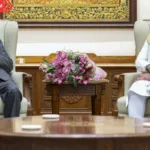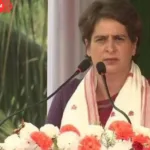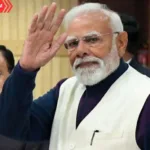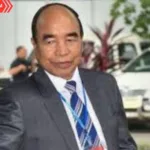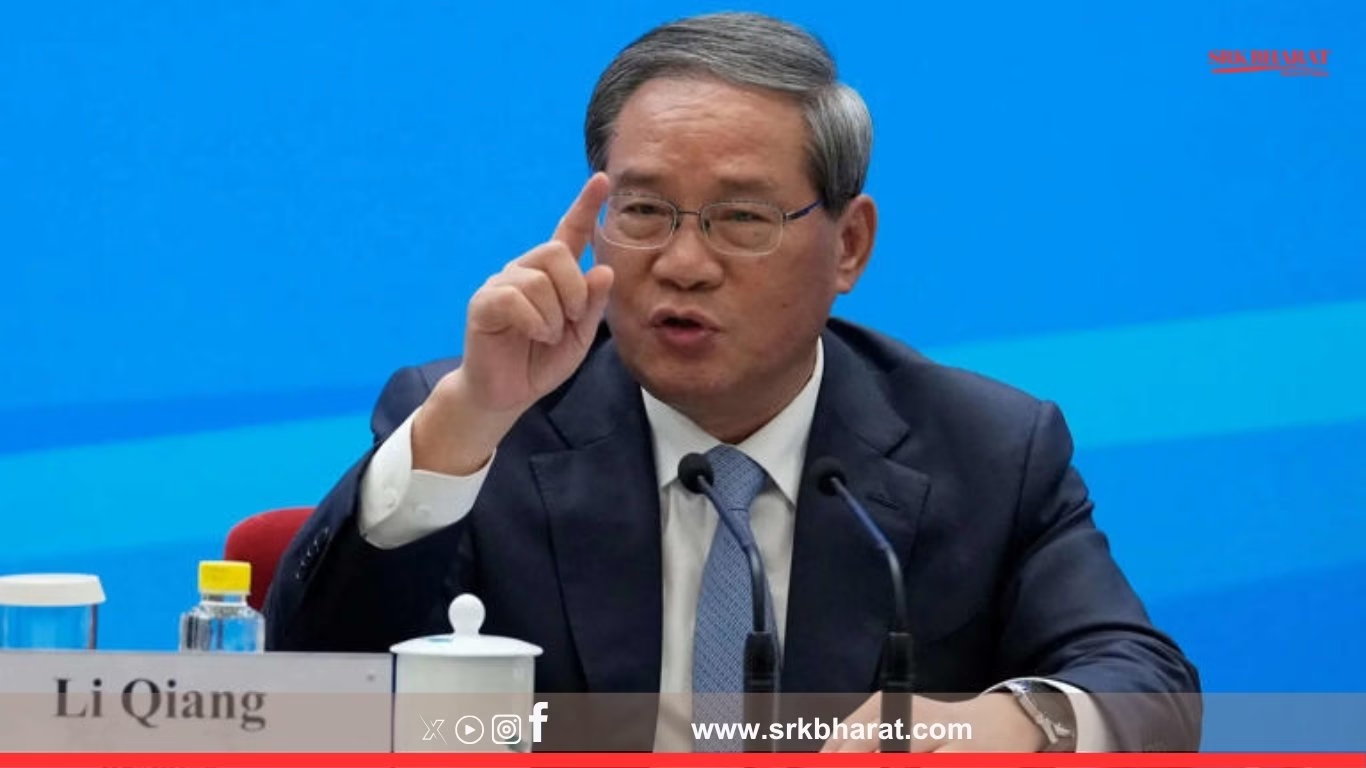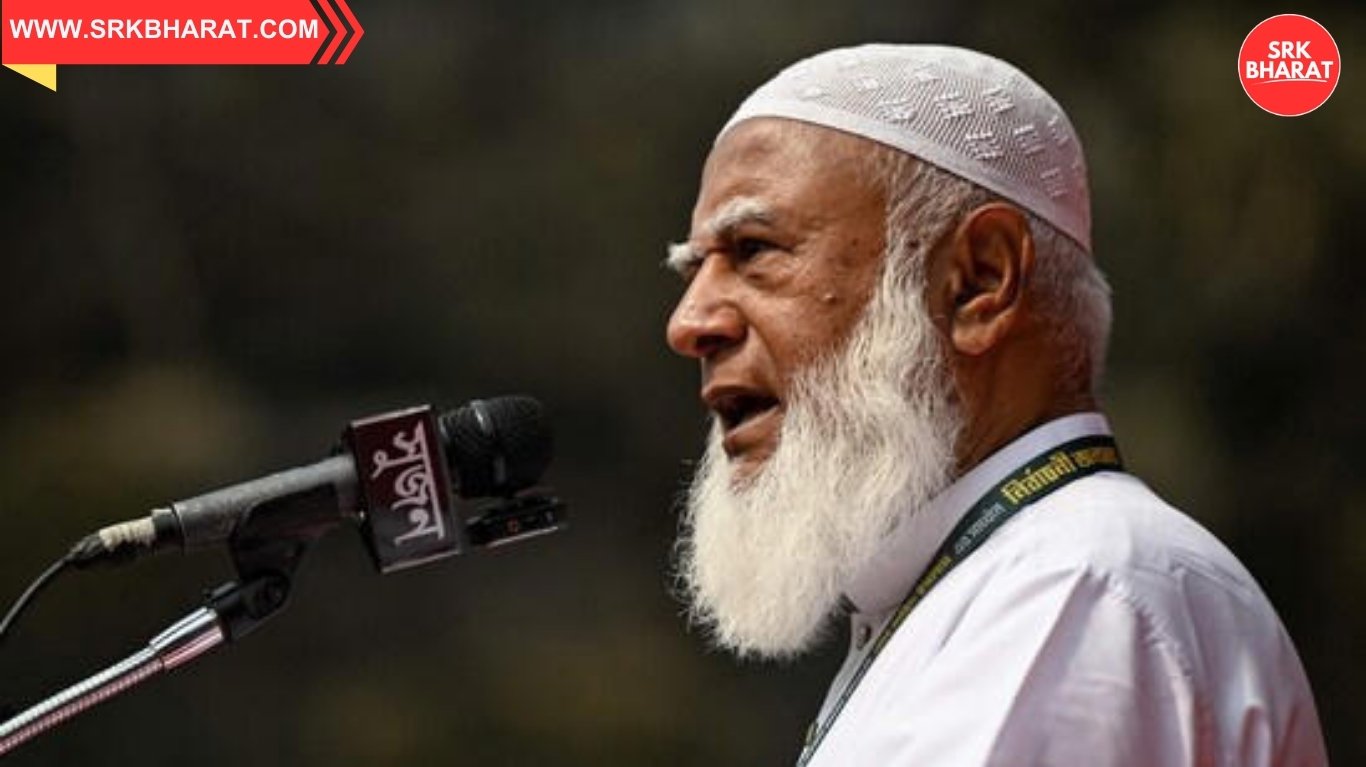In a candid and strategically significant declaration, Chinese Premier Li Qiang told European Union leaders that Beijing “can’t afford” to maintain massive industrial subsidies, signaling a potential shift in China’s long-standing economic approach amid growing global scrutiny. His comments were made during the latest round of China-EU High-Level Economic and Trade Dialogue, where top leaders and trade representatives met to iron out escalating tensions surrounding industrial policy, subsidies, and trade imbalances.
Premier Li’s remarks come at a critical juncture when the European Union is increasing regulatory scrutiny on Chinese industries, particularly in sectors such as electric vehicles (EVs), solar panels, batteries, and steel. The EU has expressed growing concern that China’s expansive state-backed subsidies are distorting the global market, undercutting European manufacturers, and posing a threat to domestic industries trying to compete in the green transition.
China’s changing subsidy narrative
“We understand the EU’s concerns regarding fairness and competition,” said Li Qiang. “But it must be understood that China, too, is facing economic headwinds. We cannot afford blanket industrial subsidies on the scale that is often assumed.”
This statement is being widely interpreted by international economists as a subtle but important acknowledgement that the Chinese model of aggressive state intervention in the industrial economy might be under reassessment. Years of state subsidies, particularly in the manufacturing and technology sectors, have drawn international ire while also increasing fiscal pressure on provincial governments and public banks.
Context: China-EU economic tensions
The latest meeting took place in Brussels against the backdrop of growing friction between the two major economies. The EU has opened multiple anti-subsidy investigations into Chinese goods, including EVs and photovoltaic modules, and recently proposed carbon tariffs aimed at imported goods with high emissions footprints. China has responded with its own trade investigations and threatened retaliatory tariffs on European cars and wine exports.
Trade imbalance data: EU-China trade in 2024
| Category | EU Exports to China (in € bn) | China Exports to EU (in € bn) | Trade Imbalance (in € bn) |
|---|---|---|---|
| Total Merchandise Trade | 218.3 | 487.6 | -269.3 |
| Green Technologies (EVs, Solar) | 14.5 | 82.4 | -67.9 |
| Machinery and Equipment | 36.2 | 95.1 | -58.9 |
| Pharmaceuticals | 21.1 | 8.3 | +12.8 |
This growing trade imbalance, particularly in green tech, has become a central issue in EU’s strategic planning. Brussels argues that its homegrown industries are at risk of being pushed out of both local and global markets due to low-cost Chinese imports made viable through state subsidies.
Li Qiang’s broader message
Premier Li used the dialogue platform to reaffirm China’s commitment to open trade but firmly rejected allegations of systemic unfairness. “China’s development is not dependent on subsidies alone. Our innovation, scale, and commitment to clean energy transitions are genuine drivers of growth. We are willing to collaborate, but the EU must recognize the complexity of our domestic priorities,” Li said.
According to Chinese officials, any reduction in industrial subsidies would be “targeted and sector-specific,” rather than a sweeping rollback. Key sectors such as semiconductors, AI, and renewable energy infrastructure will continue to receive what officials described as “strategic support.”
EU response: Fair trade, not protectionism
European Commission Executive Vice-President Margrethe Vestager welcomed the dialogue but maintained that the EU would protect its industries from unfair competition. “We are not opposed to Chinese products, but we are against market distortion. Subsidies that undermine fair pricing and flood our markets threaten Europe’s green industrial base.”
Vestager added that Europe remains open to collaboration on clean technologies, but transparency, reciprocity, and fair competition must be foundational. EU officials are now considering a new Foreign Subsidies Regulation mechanism that would allow Brussels to investigate and penalize distortive aid practices by foreign governments.
What’s at stake: Global green tech competition
At the heart of the EU-China economic standoff is the competition for leadership in green technology — an industry expected to exceed $10 trillion in global value by 2040. Europe, with its Green Deal Industrial Plan and Net Zero Industry Act, seeks to create a self-reliant clean energy ecosystem. However, low-priced imports from China have made it increasingly difficult for European companies to stay competitive.
China currently dominates the global production of:
- Electric vehicle batteries (approx. 70% market share)
- Photovoltaic solar modules (over 75% global output)
- Rare earth elements and materials (90% processing capacity)
Key sectors affected by subsidy discourse
| Sector | China’s Share (%) | EU Dependency Level | Subsidy Allegation Status |
|---|---|---|---|
| EV Manufacturing | 62% | High | Under EU investigation |
| Solar Components | 77% | Very High | Confirmed subsidies |
| Wind Turbines | 43% | Medium | Pending inquiry |
| Steel | 55% | Medium | Historic subsidy concerns |
| Semiconductors | 22% | Low (but growing) | Heavily subsidized in China |
Fiscal realities in China
China’s fiscal policy in 2025 is under pressure from slowing GDP growth, rising local government debt, and sluggish domestic consumption. Provinces across China are grappling with ballooning infrastructure debt, reducing their capacity to provide extensive subsidies. The central government has also warned against “inefficient capital deployment” and overcapacity in key sectors like EVs and property construction.
Li’s statement may reflect these internal constraints, hinting that Beijing might be more cautious with industrial support programs in the future.
Global reactions and strategic recalibrations
Economists and trade analysts believe Li Qiang’s remarks could signal the beginning of a policy recalibration in Beijing, particularly if the risk of sanctions or tariff escalation increases. However, they caution that China is unlikely to fully abandon strategic subsidies in sectors it deems vital for national security and economic sovereignty.
Countries like the U.S., India, and Japan are closely watching EU-China dynamics as they frame their own industrial policies and strategic trade decisions. The European Commission, on the other hand, is expected to increase funding through its own clean tech initiatives and impose additional conditions on public procurement involving foreign entities.
The road ahead: Diplomacy, not decoupling
Despite growing tensions, both sides appear committed to keeping dialogue channels open. Premier Li concluded the meeting by proposing a joint EU-China Clean Tech Innovation Council to promote collaborative R&D and reduce trade frictions through joint standard-setting and technology sharing.
Whether such proposals gain traction remains to be seen. But Li Qiang’s statement that “we can’t afford massive industrial subsidies” may serve as a pivotal moment in global trade diplomacy — reflecting both China’s economic rebalancing and the increasing pressure it faces from major trading blocs.
Disclaimer: This news content is for informational purposes only and reflects statements made during official diplomatic interactions between Chinese and European Union representatives. The content is based on verified summaries and economic data. Readers are advised to follow official government and institutional releases for the most up-to-date policy changes or trade-related developments.

